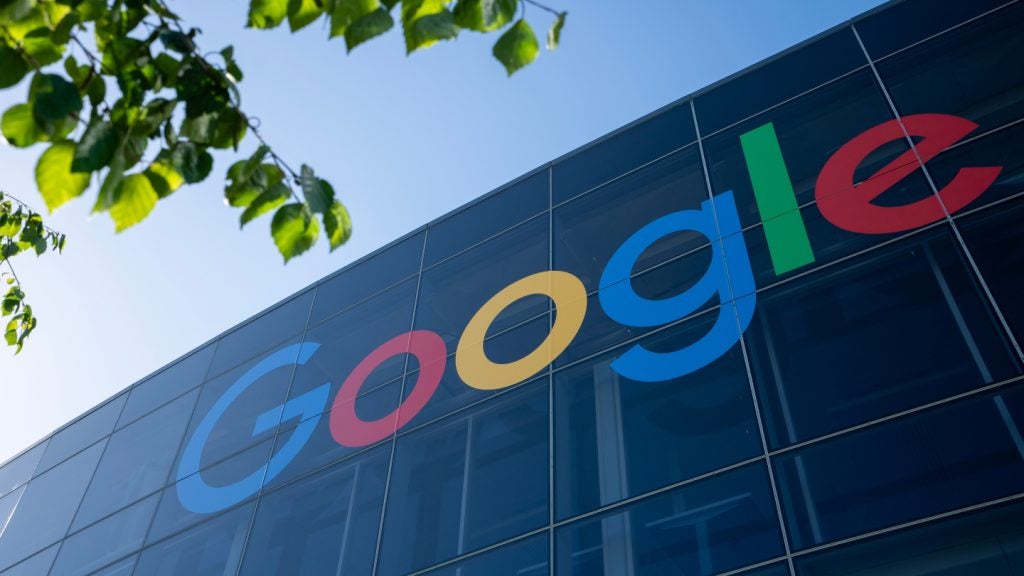
People have chased immortality since ancient times. Now, social media gives them a new way to simulate it. But, some experts say this poses threats to our data – and they think we should care more about digital privacy after death.
It’s a question that was always the elephant in the chat room: what happens to social media accounts when we die? Until recently, there wasn’t an answer. Individuals, companies and entire nations are still battling with the biggest existential melodrama of our day.
On one side of the debate are people who want their accounts to stay open, frozen in time. Some even name a digital executor – like the American writer, historian and film expert Roger Ebert. The award-winning critic asked his wife to take on the role before his death in 2013. Take a quick glance at his Twitter account and you may not realise he has passed. In fact, more than 720,000 people continue to receive fresh reviews and content from Ebert’s digital ghost.
Digital privacy after death: Making preferences known
This example may seem extreme, but it could become more common. A report from funeral comparison site Beyond shows a generational trend in preferences. Older people tend to want pages deactivated when death knocks. Like embarrassing photo albums or diaries filled with dark secrets, they’d rather their old Facebook comments weren’t presented like an open book forevermore.
Young people see things very differently, though. Among the generation that has grown up with YouTube and moved to TikTok, four out of five want their accounts to stay open, freezing their digital self in time through dormant or memorial pages.
Should we be worried about this shift? Some privacy experts think there is cause for concern – including Ray Walsh of ProPrivacy, who believes social companies must lock accounts belonging to people who don’t make their preferences crystal clear.
How well do you really know your competitors?
Access the most comprehensive Company Profiles on the market, powered by GlobalData. Save hours of research. Gain competitive edge.

Thank you!
Your download email will arrive shortly
Not ready to buy yet? Download a free sample
We are confident about the unique quality of our Company Profiles. However, we want you to make the most beneficial decision for your business, so we offer a free sample that you can download by submitting the below form
By GlobalData“Consumers must make more effort to understand how their accounts will be treated once they do pass away,” he says, especially given that “people feel differently about what should happen to their accounts when they die.”
He explains the options set out by Facebook – the world’s largest social media site:
“With Facebook, users have the right to use account settings to decide whether their account is memorialised or deleted.
“Appointing a legacy contact to take over your account and decide what happens to it is a good way to ensure that loved ones and family members are involved in making a decision about what happens to the account after you die,” he explains.
If you don’t mind what happens to your account when you die, this is the best option, says Ray, since the legacy contact can decide. He notes that leaving an account up indefinitely could make loved ones upset.
“It allows the account to be left up in legacy mode or taken down depending on the wishes of the legacy contact,” he says.
But if you have specific preferences – whether you want teenage tweets to be eternally banished or a carefully-curated Instagram feed to be preserved in time – you’ll need a digital will, says Ray.
Digital wills
This innovative type of document allows for a new type of inheritance, going beyond physical possessions. It lets you control which loved ones get access to passwords for your devices, social accounts, cloud-based storage and even subscription accounts like Netflix.
“If internet users prefer not to have their accounts remain active, it seems only right that tech platforms should act on the wishes as set out in the digital will,” says Ray.
“Platforms should be legally bound to act on these wishes,” he continues.
Ray notes that Facebook is a global phenomenon – and he says legacy mode might not fit with all cultures.
“If account holders don’t explicitly state what they want to happen to their account, it is only right for platforms to automatically lock those accounts so that they can never be accessed by anybody.
“This preserves the privacy of dead users and ensures that any secrets contained within their personal messages are taken to the grave with them – as they would have expected.”
It’s an issue in its infancy, but there have already been controversies around digital privacy after death. One woman continued to receive congratulations from her late grandfather’s LinkedIn account when she gained a promotion – until her grandmother admitted to using the account. The better-known a person is, the more damage could be done to their legacy if a disgruntled relative got access.
Then there is the issue of different countries’ legal systems – Britain has no digital inheritance laws. Even the EU’s GDPR laws apply only to the living. Canada is pioneering the concept of digital executors, but Germany has taken a radically different stance after a court ruled heirs should receive social media accounts just like they inherit letters – easily and automatically.
It’s not just privacy and reputation that’s at stake: spambots can hack the social accounts of the deceased, stealing their personal information, photos and using their identity to create elaborate scams. When accounts are not properly memorialised, this is more likely to happen.
That’s why, despite all the conflicts between generations and legal systems, privacy expert Ray Walsh is keen to stress that responsibility is with the consumer.
“At the end of the day, there is only so much that platforms can do to ensure that users do make provisions for what happens to their accounts after they die,” he says.
But will they take action? With more than three billion people projected to use social media by 2021 and no sign of the trend slowing, this debate is far from settled.
Read more: Cryptocurrency wills to secure Bitcoin after death






